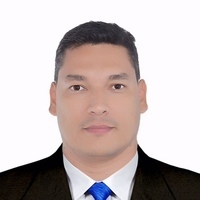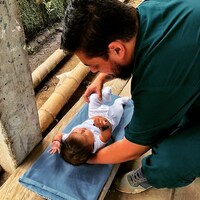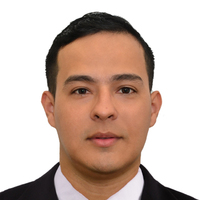Concepto Técnico: Expediente D-15046, Constitucionalidad Contra los Artículos 1074 (Parcial) y 1081 (Parcial) Del Código Civil.
Fecha de creación: 30/09/2023Tipología: Productos Resultados de Actividades de Desarrollo Tecnológico e Innovación
- Detalles de la producción
- Autores/inventores y/o titulares
- Objetivos de Desarrollo Sostenible
- Identificadores asignados (DOI/ISBN/ISSN)
- Referencias en colaboración
- Referenciado en redes científicas
Nombre de la producción
Concepto Técnico: Expediente D-15046, Constitucionalidad Contra los Artículos 1074 (Parcial) y 1081 (Parcial) Del Código Civil.
Tipología de la producción
Productos Resultados de Actividades de Desarrollo Tecnológico e Innovación
Fecha de publicación del producto
07/02/2023
Descripción de la producción
Intervención ciudadana ante la Corte Constitucional respecto de la constitucionalidad de los artículos 1074 y 1081 del Código Civil demandados por considerar que estos vulneran los artículos 13, 47, 83, 93 y 94 de la Constitución y 1, 2, 3, 4, 5 y 12 de la Convención sobre los Derechos de las Personas con Discapacidad.
Clasificación Internacional Normalizada de la Educación (CINE)
Derecho































